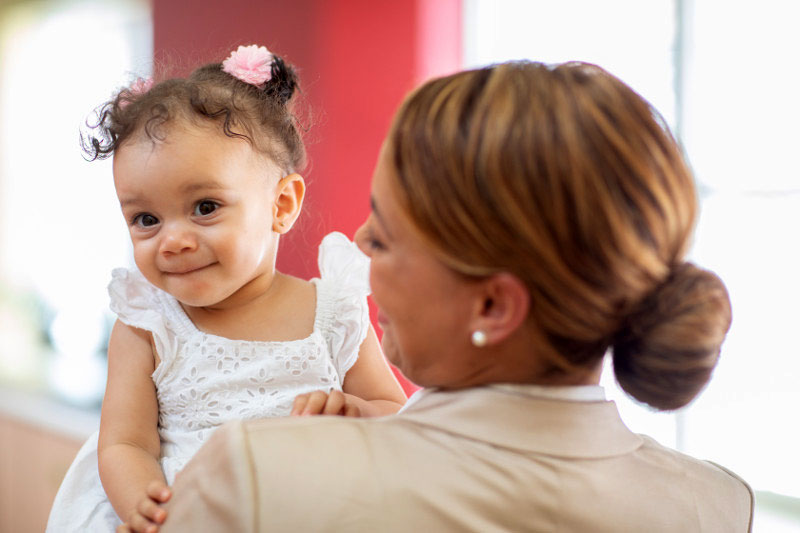In theory, “family friendly” means an organization where working parents can have a job and raise children.
In practice, it’s really a place where parents can simultaneously bring up a family and raise a successful career.
Yet you’d be surprised how often those two things don’t go together.
Just consider parental leave. The programs are considered among the modern workplace’s most family friendly trends. The press regular covers them. Celebrity entrepreneurs opine about them. The number of organizations offering them is up to 40% – a big leap from the 25% offering leave just four years ago.
Even so, the rise in these benefits hasn’t improved the career situation for working parents. According to our Modern Family Index (MFI):
- 78% of working parents considered not returning to their company after their first child
- 59% say they’re likely to switch jobs
Not only hasn’t the situation for working parents gotten better, it’s gotten worse, with the number of women worried to announce a pregnancy actually on the rise in the last five years – up nearly 100%.
What gives?
Cultures that Support Families – and Careers
In short, it’s over reliance on a single trend.
In many circles, the popularity of leave has driven its treatment as a standalone support; as if the mere provision of leave is the endgame. But it’s not. It’s just the starting point. Fully realizing its family-friendly promise requires employers to ensure employees can be successful on the other side. Do parents see post-leave career paths? Do they have enough support systems? Are they feeling valued? To follow through on the promise of leave, employers need to assess the trouble spots – from gaps in tangible benefits to blind spots in manager training – and create solutions.
But many of those issues aren’t being addressed. As a result, parents, according to our MFI, are feeling less valued than their childless peers; they’re feeling passed over for opportunities; they’re experiencing parenthood as a CLM (career limiting move); and they don’t know where to find support. And they’re leaving, with roughly half of new parents telling our MFI they’ve taken new jobs for less money, but more family friendliness.
The Real Definition of Family Friendly Benefits
And what do parents consider family friendliness? Survey says flex time, child care, HR training to increase acceptance of working parents – the benefits that shore them up when they’re back at work. Employers who are providing it are not only retaining millions of mid-career employees who are emerging into leadership roles just as they’re becoming parents; they’re also recruiting millions of young employees who see the possibilities in others’ career success.
So leave is the family friendly mechanism that allows mothers and fathers to adapt to having children. Return-to-work policies are what they need to adapt to working parenthood.
The combination of the two nets you not just family friendliness for people to be able to work and have jobs – but career friendliness for people to be able to have families and build futures. Reaping the benefits requires planning. But the rewards are plentiful, for everyone.





